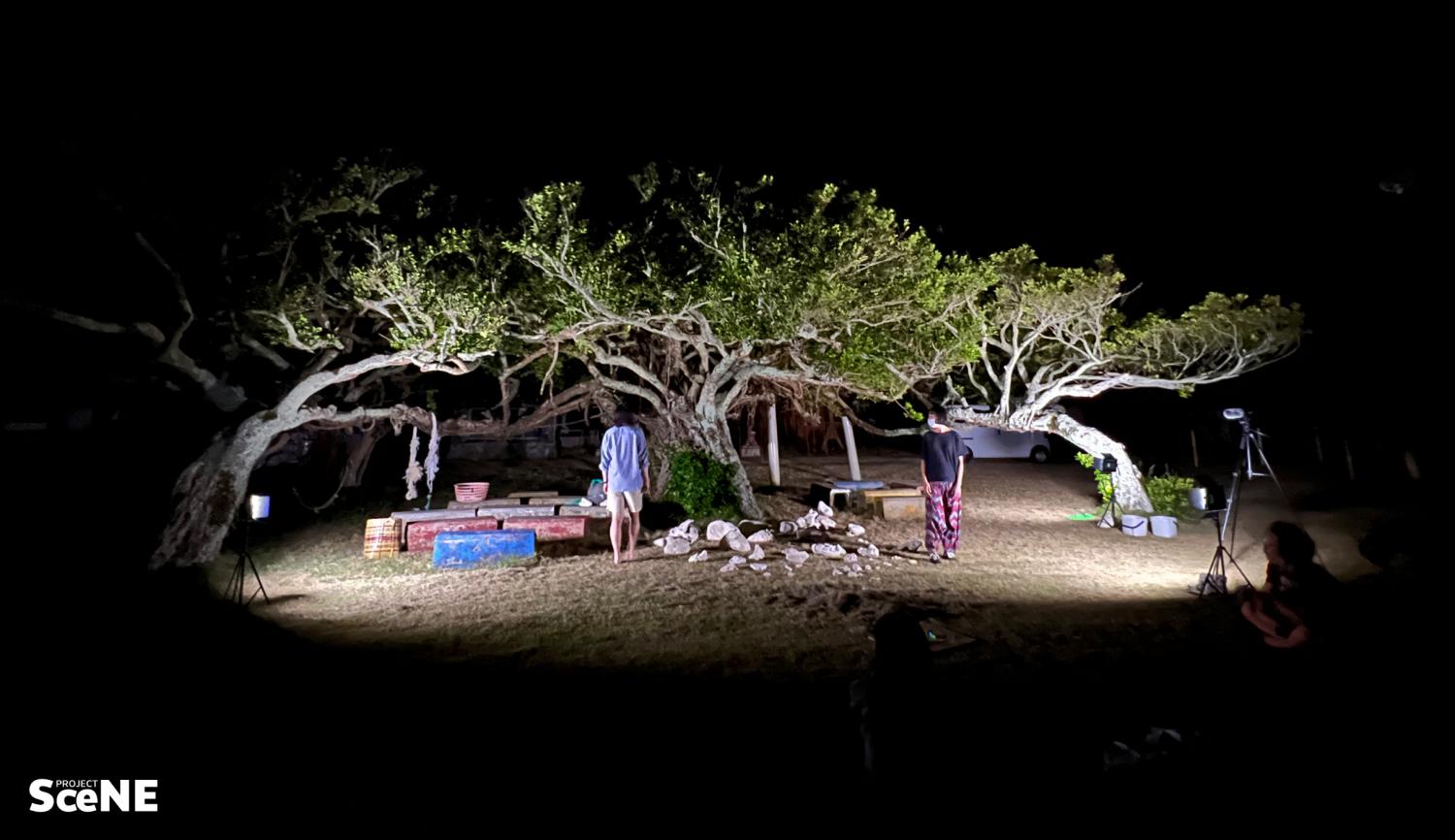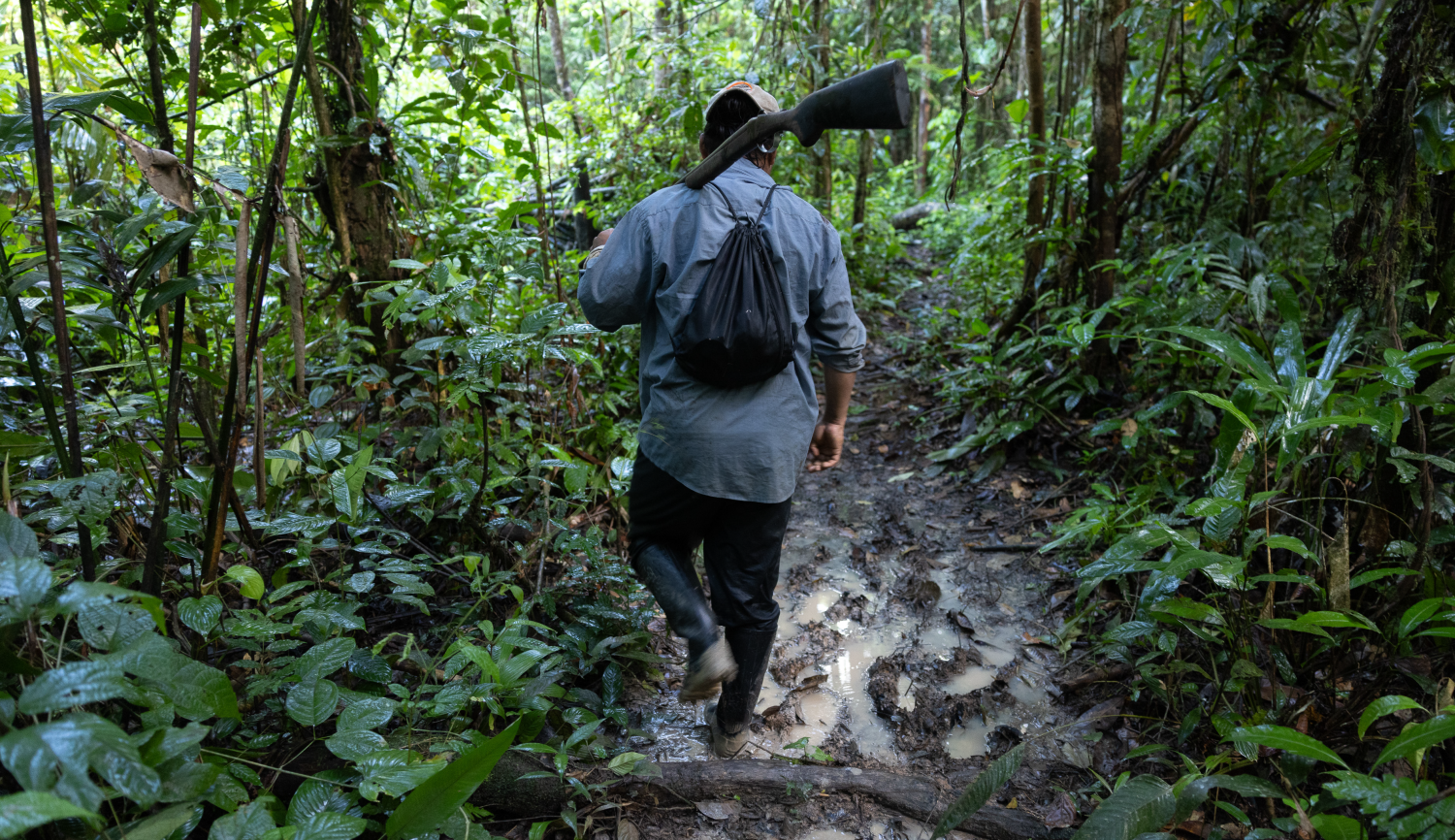
Global Environmental Culture Program
Towards a Global Environmental Culture by Articulating Science with Indigenous Knowledge
Program outline
How should we deal with global environmental problems and what steps should we take to solve them? This program combines research that approaches this question from the perspective of changes in culture and values. We need to recognize what types of problems are emerging as global environmental issues. To achieve this goal, we need to analyze enormous amounts of complex data through collaborations in various fields of natural and social sciences to visualize actual crises. Through these studies, we can gain awareness of environmental crises and share our perceptions of them. Using science to visualize, become aware of and share information on crises, we can prepare to solve global environmental problems.
However, this is not the ultimate goal of this program. We need to identify how we as a society can change our behaviors and values in response to this shared perception of global environmental crises.
We are exploring how the perspective of culture can be incorporated into the concept of global environmental issues to build a sustainable society. The cultural perspective should not be discussed in terms of global or national levels, but as something more familiar and relatable. This implies prioritizing the cohesiveness of the people who actually live together and emphasizing values of better living. The cultural perspective also includes values that differ from scientific knowledge.
Rather than correcting, praising, or approving these values, we need to develop a convivial atmosphere (wherein different things are connected using each other’s characteristics) and creative perspective that is mutually transformative. This program integrates research projects that create such perspectives.


Project List
Research progress update
This program commenced in April 2022. It comprises various research projects ranging from embryonic stages to full-fledged studies, all contributing to the overarching goals of the program. To integrate diverse projects with different research themes and organizational structures, the program regularly conducts workshops and research meetings where participants share a common question and juxtapose their respective answers. Additionally, there are plans to organize symposiums to synthesize these discussions.
The central question driving this program is: “What does it mean to approach the transformations of human behavior and values in response to environmental crises, both global and local, from a cultural perspective?” Specifically, in the context of environmental crises at both global and local levels, there often exists a disconnect between scientific prescriptions for addressing these crises and the ways in which local communities live and cope with them. In many cases, scientific prescriptions are perceived as the sole “solution” imposed on the local context, or there might be a convergence of scientific and indigenous/local knowledge to form a solution. Conversely, clashes or conflicts may arise between scientific knowledge and local cultures and values. While such interactions between “science” and “culture” are commonplace in environmental problem-solving contexts, thorough examinations of these complex interactions have often been lacking.
Research projects participating in this program are tasked with elucidating these complex interactions from their respective challenges and fields. They aim to report on the process of grappling with these conflicts during the programs workshops and share their findings with a wider audience.
The program includes the Full Research (FR) 1st Year Organic Material Circulation Project and the SceNE Project, each leveraging their unique experiences and accomplishments for the advancement of the program.
Member
Program Director
MATSUDA Motoji
Specially Appointed Professor, RIHN
Researchers at RIHN
KARATSU Fukiko(Research Associate)


